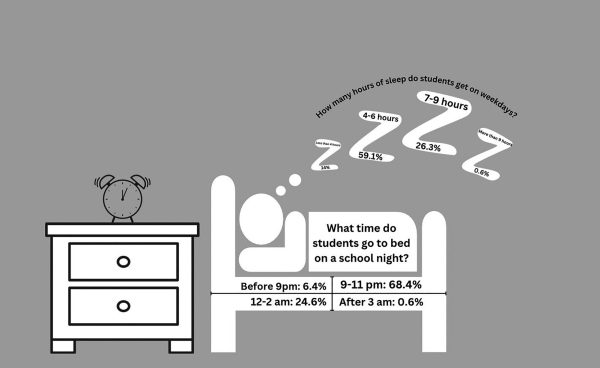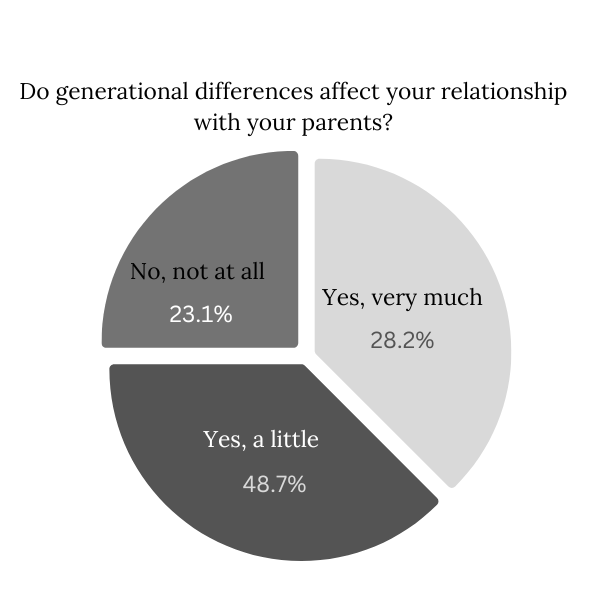Students feel standardized testing prioritizes memorization
A student works in her Springboard book studying for an upcoming test.
February 9, 2021
From the ages of 6-18, a child learns under government standards through varying subjects taught by qualified teachers. However, the traditional method of teaching students has been garnering questions over its ability to properly educate students.
In an interview with U.S News, former Education Secretary Arne Duncan reflected on the education system; Duncan said, “The problem is we haven’t moved past that [the 100-year education system] and we haven’t adjusted the model. Obviously, the world is radically different from that time, but unfortunately, education isn’t much different. And you see other nations out-educating, out-investing, out-innovating us.”
The non-evolving system has built a wall of stress and mental issues for students as many juggles their studies alongside recreational activities.
“The American school system is very demanding of its students. Balancing homework, clubs, sports, home life, possibly work, and the ability to fit a social life in is extremely stressful and most students suffer from this,” Kaitlynn Pillion, senior, said.
Different school districts have different grading scales, but most lead with tests being heavily weighted on final grades. According to American University, “Standardized academic achievement tests are mandatory in primary and secondary schools in the US, where they’re designed and administered at the state or local level and used to assess requirements for federal education funding.”
These tests have become a controversial topic within society. Though they pose academic benefits, standardized testing also poses many negatives.
“Most tests only require memorization, and while students may retain the information for the test or the semester, they often don’t remember the information beyond that. If information is memorized, but not understood, then there isn’t any learning happening,” Mackenzie Gore, senior, said.
Not everybody, however, shares that opinion. Some teachers believe that if students understand the material, they will be able to retain the information.
“I do not believe that tests solely rely on memorization. A well-written math test can separate the students who memorize from those that understand the material,” Kimberlie Mattern, math teacher, said.
With standardized testing being a pinnacle of the schooling system, students are put under pressure to excel. Many students find hardship while trying to take these types of tests.
“Standardized tests are what they are, standardized. One test is too generic, they cannot measure intelligence because intelligence comes in all different forms,” Ivana Trajceska, senior, said.
Although standardized testing surfaces negative emotions for many students, there have been discussions on how to combat these issues.
“I feel students should be allowed to use self-taken notes on tests and exams. For future jobs we won’t need to memorize information because we will have access to a world of information at our fingertips,” Emily Bargas, junior, said.
One of the biggest criticisms the schooling system receives from students is its inability to prepare them for real life.
“I know how to do trigonometry but not how to file my taxes. I’m about to turn 18 and be an adult, but I feel that there is so much I need to know. It just makes sense that I would be taught this in school, but I wasn’t,” Pillion said.
Though some students view the education system in a negative light, others recognize many benefits the school system provides.
“The American school system allows for socializing, independent learning, and personal growth. Although we don’t obtain everything we need to know for the future, it does somewhat prepare us for what comes ahead in our adult lives,” Trajceska said.












